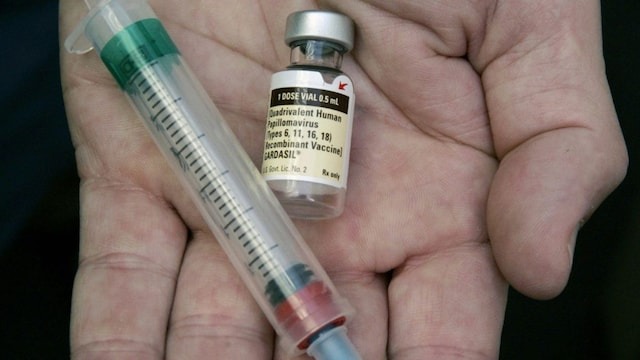
New Delhi: Pregnancy is a deeply personal and transformative journey for most women, marked by both excitement and vulnerability. From diet and sleep patterns to emotional well-being, every aspect requires careful attention to ensure the health of both the mother and the baby. While most women are mindful of avoiding harmful substances like alcohol and toxins, some are also advised by doctors to steer clear of even healthy foods like papayas due to concerns about their potential link to miscarriage.
A miscarriage, or pregnancy loss before the baby can survive independently, is an emotionally and physically painful experience. But beyond the physical loss, the silent struggles of miscarriage—the emotional trauma, grief, and societal pressures—often go unnoticed.
The Emotional and Psychological Impact of Miscarriage
The intensity of a woman’s reaction to miscarriage varies based on several factors, including:
- Duration of pregnancy – The longer the pregnancy, the deeper the emotional impact.
- Previous pregnancy losses – A history of miscarriage can intensify feelings of anxiety, grief, and fear.
A miscarriage can leave a couple experiencing a wide range of emotions, such as:
Grief and Sadness
- The most common reaction to miscarriage, as it represents not only the loss of a baby but also the dreams and hopes associated with the pregnancy.
- Coping Strategy: Focusing on positivity, gratitude, and things that are going well in life can help relieve deep grief.
Guilt and Self-Blame
- Many women blame themselves for the miscarriage, even though it is often due to factors beyond their control.
- Coping Strategy: Instead of asking “Why me?”, shifting towards acceptance and self-compassion is key.
Shock and Disbelief
- Many couples struggle to accept the reality of losing a pregnancy, especially when it happens suddenly, such as during a routine ultrasound when the baby’s heartbeat is no longer visible.
Anxiety and Fear
- Women may develop deep fears about future pregnancies, worrying about potential complications or whether they will be able to conceive again.
Loss of Control & Helplessness
- The feeling that nothing could have prevented the miscarriage can make women feel powerless over their bodies and their reproductive health.
Isolation and Loneliness
- Some women withdraw from social interactions to avoid answering difficult questions from family or friends.
Relationship Difficulties
- A miscarriage can sometimes strain relationships with a partner. The emotional pain and frustration of not being able to conceive or carry a pregnancy to term can lead to misunderstandings and even separation.
- Coping Strategy: A supportive and understanding attitude from both partners is essential, rather than a blame game.
Physical Symptoms
- Many women physically experience fatigue, loss of appetite, disturbed sleep patterns, headaches, and body aches due to emotional distress.
Coping Mechanisms: Finding Strength After Loss
While miscarriage is heartbreaking, there are several ways to cope and heal from the experience:
Social & Family Support
- A strong support system of family, friends, or a support group can provide comfort and reassurance during this challenging time.
Compassionate Medical Care
- Doctors, nurses, and healthcare providers play a vital role in counseling and guiding women through the miscarriage process.
- Empathy and compassion from medical professionals can help couples process their loss in a healthy way.
Seeking Therapy & Psychological Support
- Speaking to a psychologist can help couples deal with their emotions and navigate grief in a healthy manner.
- Support groups with other women who have experienced miscarriage can help reduce feelings of guilt and isolation.
Spiritual Healing & Meditation
- Many couples find comfort in spirituality and faith, believing that everything happens for a reason.
- Meditation, deep breathing, nature walks, and mindfulness exercises can help reduce anxiety and bring inner peace.
Final Thoughts: Healing Takes Time
A miscarriage is not just a medical event—it’s an emotional and psychological experience that can leave a lasting impact. No one should have to go through it alone. Whether through therapy, support groups, or the love of family and friends, seeking help and allowing yourself to grieve is essential for healing.
If you or someone you know is struggling with pregnancy loss, reach out for support—because healing begins with understanding and compassion.

 Desk
Desk Share
Share






